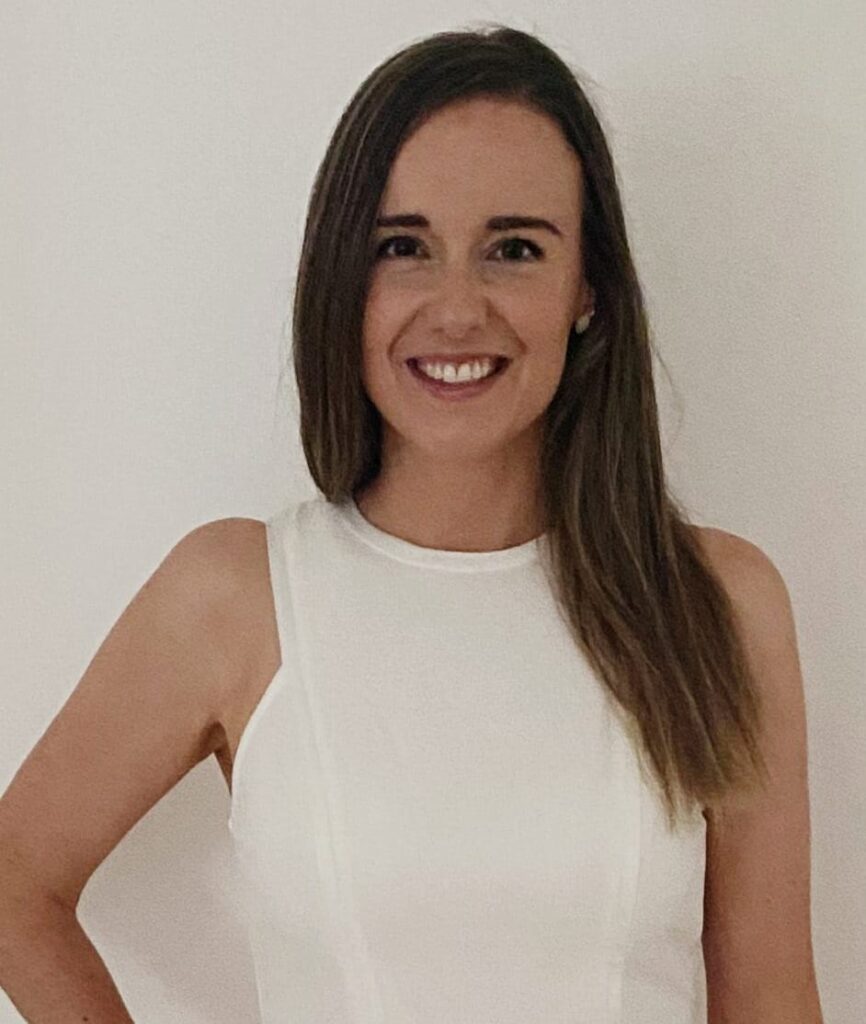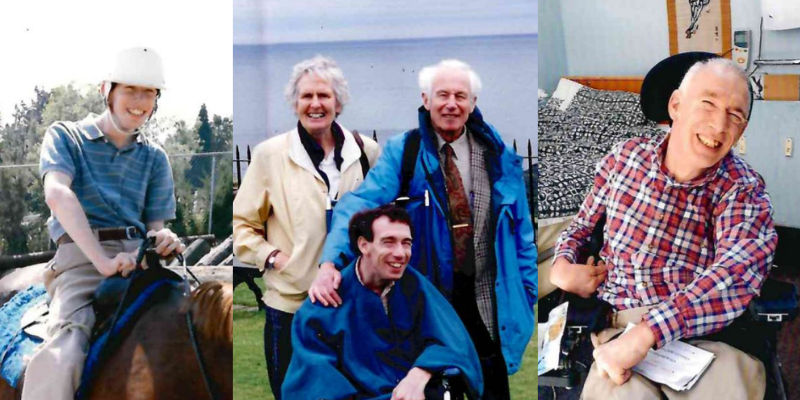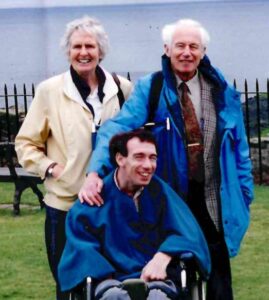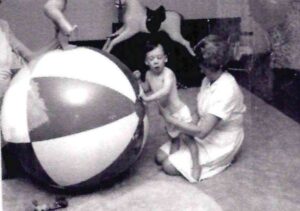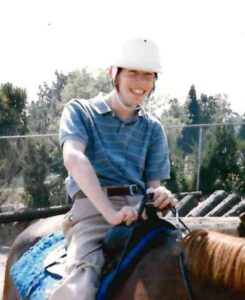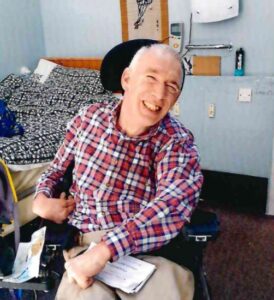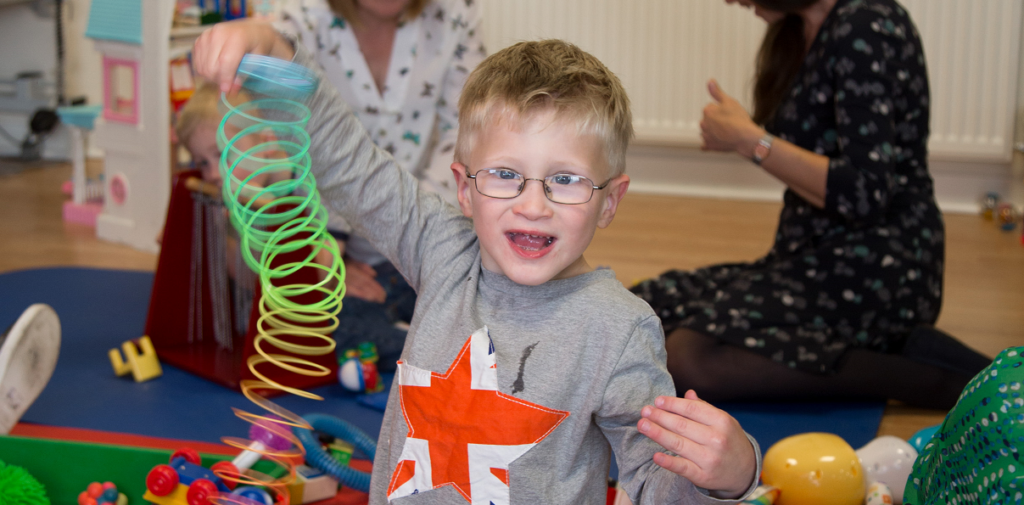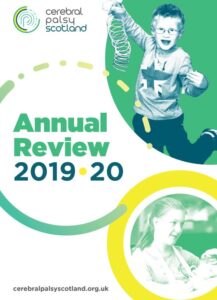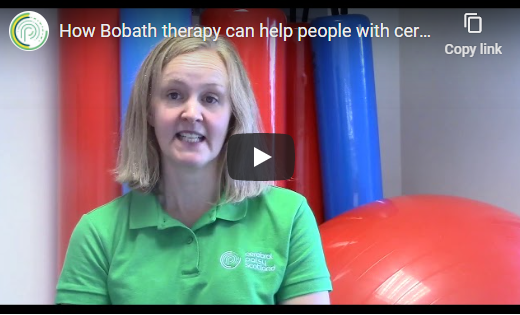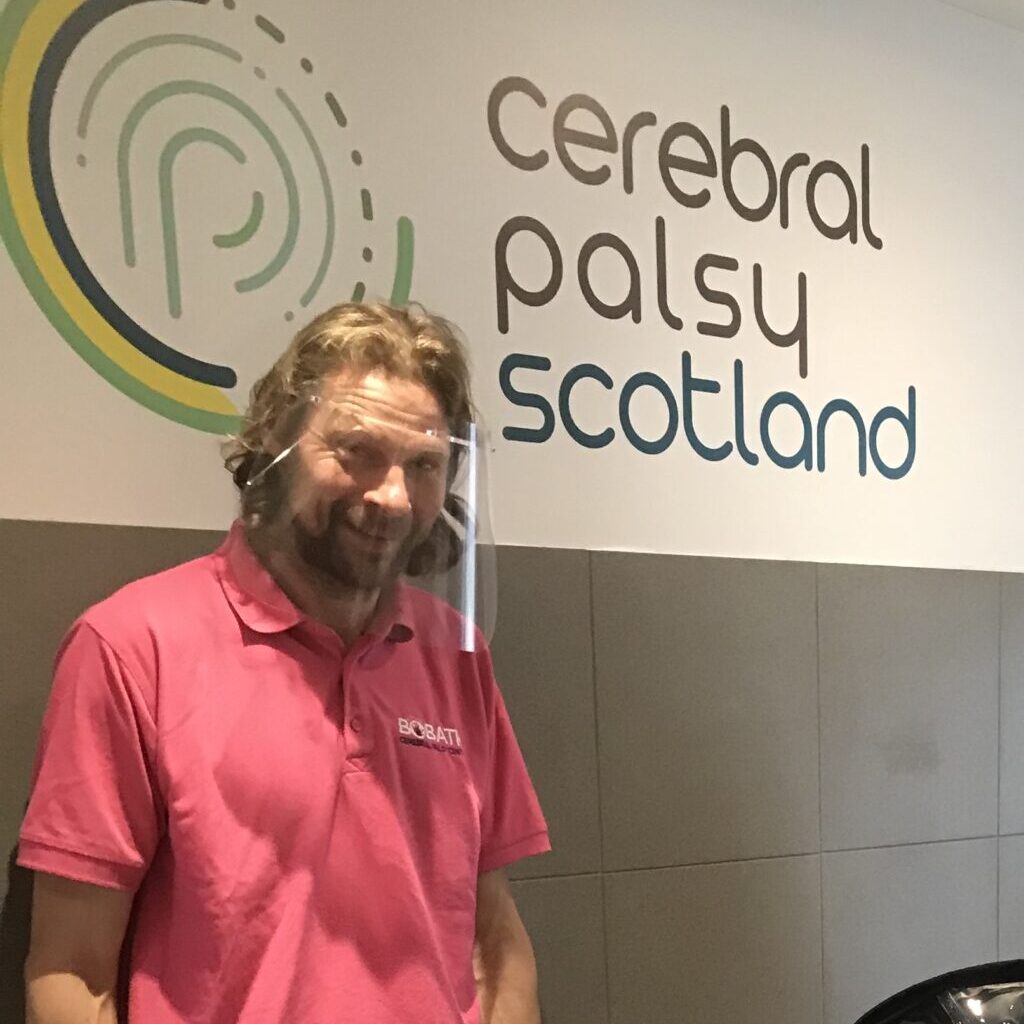Leanne is a UK Civil Servant specialising in corporate governance, major events operations and national security policy. She also has a background in the charity sector, having worked for Govanhill Law Centre, Amnesty International Australia and the British Red Cross.
Her son was born during lockdown and diagnosed with cerebral palsy at the age of one. Since then the family have been involved with Cerebral Palsy Scotland and taken part in several fundraising events. Leanne brings to the Board her ongoing reflections as a Cerebral Palsy Scotland service user combined with her experience of public policy and UK government processes.
